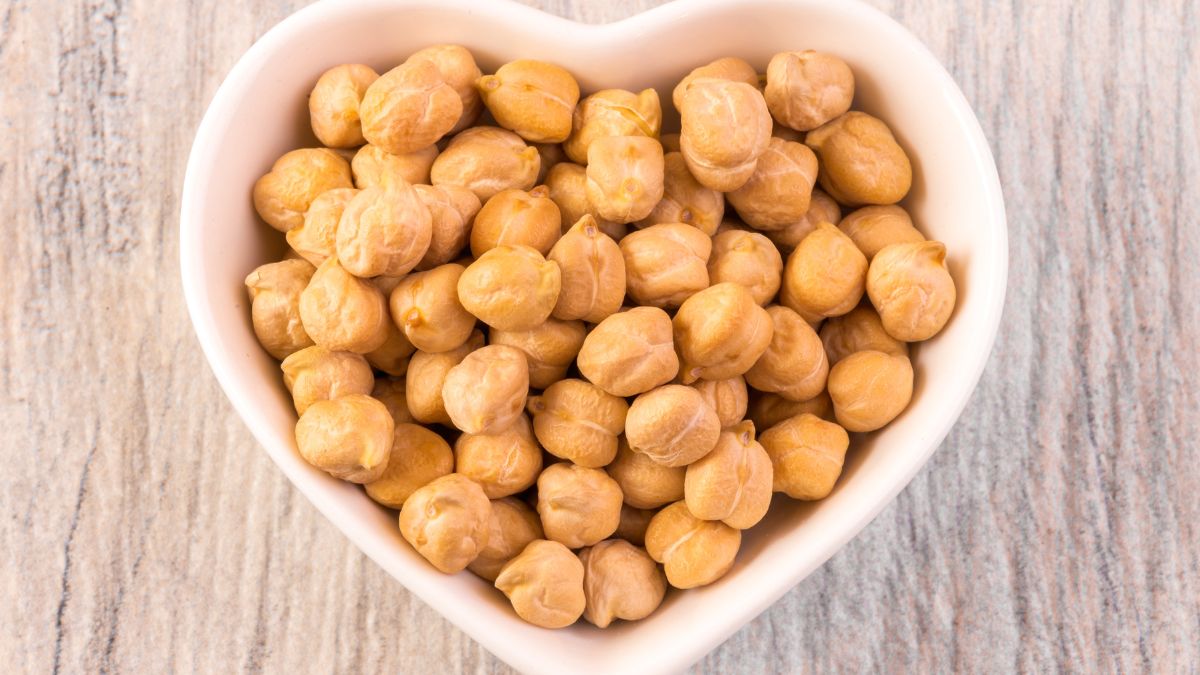Short Answer: Chickpeas are good for CKD in moderation. Because they have fiber, potassium, and magnesium, which can lower blood pressure, blood sugar, and prevent kidney stones. But they also have phosphorus and protein, which can cause bone loss, and worsen kidney damage.
Chronic kidney disease (CKD) is a condition that affects your kidneys, which are the organs that filter waste and excess fluid from your blood.
In CKD, your body cannot remove these substances effectively, and they build up in your blood.
This can lead to various health problems, such as high blood pressure, anemia, bone disease, and cardiovascular disease.
One of the key factors in managing CKD is diet.
What you consume can affect your blood pressure, blood sugar, electrolyte balance, and kidney function, which can impact your CKD symptoms and overall health.
To effectively manage CKD, you should consume fiber-rich foods like oats, barley, and fruits, and avoid sodium-rich foods like processed meats, canned soups, and salty snacks.
Now, chickpeas are a type of legume that are high in protein, fiber, iron, folate, and other nutrients.
People usually eat them cooked, boiled, roasted, or mashed, and use them in dishes like hummus, falafel, salads, and curries.
Chickpeas are good for CKD because they contain fiber, potassium, and magnesium, which are beneficial for blood pressure, blood sugar, and kidney health.
However, they also contain phosphorus and protein, which can be harmful for CKD if consumed in excess.
One cup of cooked chickpeas can give you 14.5 grams of protein (29% of your daily needs), 12.5 grams of fiber (45% of your daily needs), 282 milligrams of potassium (6% of your daily needs), 79 milligrams of magnesium (19% of your daily needs), and 276 milligrams of phosphorus (28% of your daily needs).
Fiber can help lower blood pressure and blood sugar, and prevent constipation and diverticulitis.
Potassium can help balance sodium and fluid levels, and regulate nerve and muscle function.
Magnesium can help relax blood vessels and prevent kidney stones.
Phosphorus can cause calcium to leach from your bones, and form deposits in your blood vessels, heart, and lungs.
Protein can increase the workload of your kidneys, and worsen kidney damage.
Furthermore, chickpeas are a plant-based food, and plant-based foods are good for CKD.
Because, they tend to have less sodium, phosphorus, and protein than animal-based foods, and more antioxidants, phytochemicals, and anti-inflammatory properties.
You can eat chickpeas in moderation if you have CKD, as long as you monitor your intake of phosphorus and protein, and adjust your portions accordingly.
You can eat about half a cup of cooked chickpeas per day safely.
More than that can cause high blood phosphorus levels, and worsen kidney function.
Also, you shouldn’t eat chickpeas if you have hyperkalemia, or high blood potassium levels, to prevent cardiac arrhythmias and muscle weakness.
Because, chickpeas are a high-potassium food, and can increase your risk of hyperkalemia.
You can buy fresh, dried, or canned chickpeas in your local market or online.
Always choose organic, low-sodium, and BPA-free options.
Because, they are healthier, safer, and more environmentally friendly.
You can store them in a cool, dry, and dark place for up to a year.
Read Next
Finally, remember, maintaining a healthy lifestyle, including a balanced diet, regular exercise, stress management, and essential medical care, is key to managing CKD effectively.
I always recommend my CKD patients to follow a CKD-friendly diet to improve their overall well-being, and enjoy a longer and healthier life.

